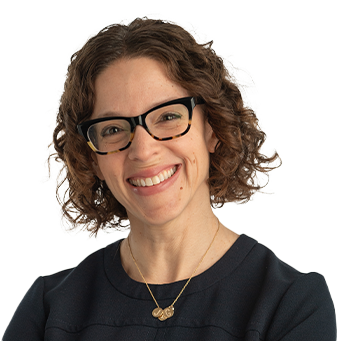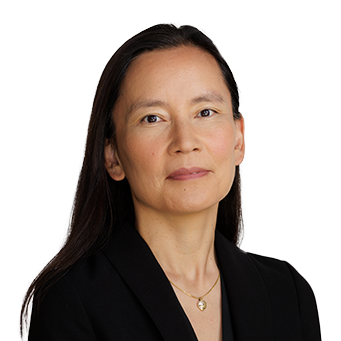The mission of the Pediatric Advocacy Clinic is to achieve justice and dignity for all low-income children and their families by integrating high-quality legal advocacy into health care settings.
As a medical-legal partnership, we pursue our mission by uniting health care providers, attorneys, and social workers to eliminate the effects of poverty on children’s health and well-being.
About the Pediatric Advocacy Clinic
The Pediatric Advocacy Clinic was one of the first medical-legal partnerships to be based in a law school clinical setting.
Through this partnership, students are able to reach families most in need of legal assistance, including immigrant and limited English proficient families, and become part of a team working to address social determinants of health for vulnerable families.
Casework includes special education, Medicaid appeals, domestic violence and family law, public benefits, and low-income housing.
Students in the clinic are involved in all aspects of a case and learn a range of advocacy skills, from preventative legal advocacy (focusing on identifying issues at an early stage and on developing creative, multidisciplinary approaches to addressing them) to traditional litigation skills in both administrative and trial court settings.
Benefits to Students
Hands-on Litigation Practice
The Pediatric Advocacy Clinic practices at both the federal and state level—in courts, administrative agencies, and local school districts. Students participate in every stage of litigation—from developing the facts and a theory of the case, to conducting initial pre-filing discovery, to representing a client in a hearing, to post-trial motions and appeals.
Variety of Legal Issues
Some Pediatric Advocacy Clinic cases are directly connected to a patient’s health, while others improve a family’s stability and, by extension, ease the strain on an already stressed family.
Students may find themselves negotiating with a school district to keep a child with autism from being pushed out of school, helping a child obtain Medicaid coverage for needed medication, or obtaining a personal protection order for a mother fleeing domestic violence.
Multidisciplinary Collaboration
A central tenet to the medical-legal partnership model, multidisciplinary collaboration and advocacy play a crucial role in the Pediatric Advocacy Clinic. In practice, this might mean attending meetings with teachers, school administrators, and opposing counsel in special education cases, or providing language for a letter from a health care provider to persuade Medicaid to cover medical equipment for a child.
Sometimes, it’s as simple as speaking with one of the clinic’s pediatric residents to learn more about a child’s medical condition in order to ask the right questions when we meet a client for the first time.
Direct Client Contact
A semester with PAC is not just for students interested in a career in health law, education law, or even for those interested in direct client services. For students who might be interested in impact litigation or policy work at some point in their careers, the clinic is a great place to see how the current law works (or doesn’t)—particularly for students interested in helping marginalized communities.
Support for Providers
The Pediatric Advocacy Clinic accepts cases involving children and youth or their immediate families and caretakers referred to us by physicians and social workers at the University of Michigan C.S. Mott Children’s Hospital, Ypsilanti Health Center, Corner Health Center, and Washtenaw County Maternal Infant Health Program. Please note that we have limited resources and are not able to take every case that is referred to us. Often we are able to refer the cases we can’t accept to other free legal service providers.
Curbside Consults
PAC can provide general legal information directly to health care providers on questions relating to families’ basic needs, such as housing, public benefits, family, and special education.
This advice is for general information only, and should not be considered individualized legal advice. If specific legal advice is needed, please refer the family directly to PAC.
PAC is not available to provide advice or information relating to medical malpractice, Child Protective Services, or other legal issues having to do with patient care. For such issues, please contact the legal counsel for your health center or hospital.
Training and Workshops
The Pediatric Advocacy Clinic is available to conduct training for physicians, patient-families, and community organizations on such topics as public benefits, housing, special education, disability rights, employment, family law, domestic violence, and immigration.
These presentations provide an overview of essential legal topics as well as an opportunity to develop advocacy skills, such as asking screening questions or writing a letter to a government agency or landlord on a patient’s behalf.




